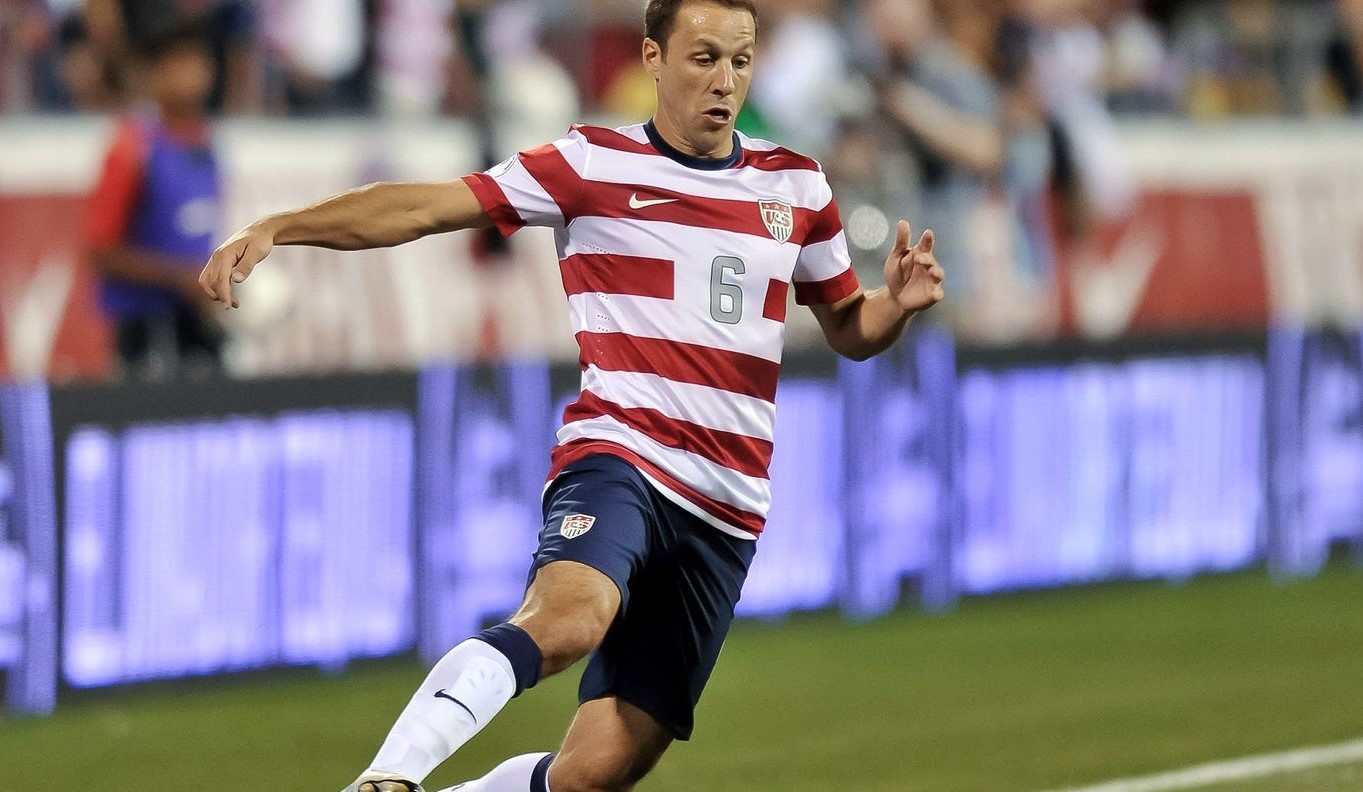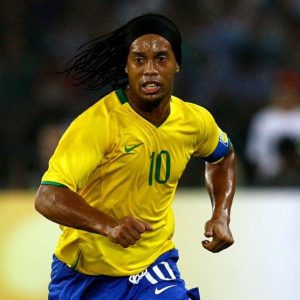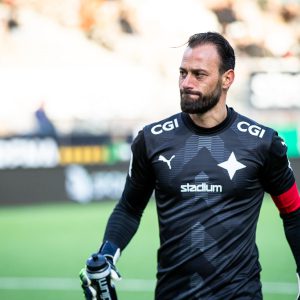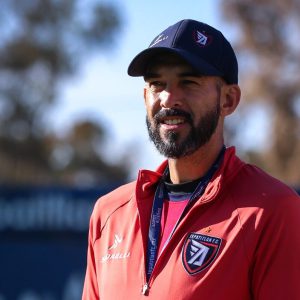

The “Mayor of Hannover” – Interview to Steve Cherundolo
Loyalty is the surest path to legend. Steve Cherundolo played for Hannover 96 for 17 years and averaged over 30 games per season. He wore the armband for both his club and his country, making 87 appearances for the United States between 1999 and 2012.
When he hung up his boots, the man affectionately dubbed the “Mayor of Hannover” moved into the non-playing side of the game. Staying with his beloved Hannover, Steve held positions in the youth academy and the first team before moving on to take up a job as assistant manager with VfB Stuttgart.
Then came an opportunity on the international stage. Steve took over the vacant assistant manager’s position for the United States national team. With experience in both club and international management, which does he prefer? “In the national team, you’re not developing, you’re maintaining. You’re not moving forward, you’re just maintaining the level and making sure you get the best out of them for those few days you have the players,” he said to Soccer Hub.
“In a very short amount of time, you have to get all these cultures and tactics and habits moving in one direction.” Steve know a thing or two about bringing cultures together. His career was characterised by versatility, from his ability to play at right-back or in midfield to the way he adapted to living in a new country ages just 17 years old: “I had the opportunity to go to Europe and for me that was an easy decision to see if I could go an challenge myself and make a career in European soccer. Who would have though 21 years later I’d still be sitting in the same spot? It’s been an incredible ride.”
Adapting to a new reality at such a young age wasn’t easy. “The biggest challenge is cultural,” Steve says. But aside from that, some of the most difficult aspects of Steve’s were meteorological:
“My trial here in Germany was on a pitch covered in snow. I had never played on a pitch in snow in my entire life. I know it doesn’t sound like a lot, but if you’ve never done it before it’s pretty nerve-racking. This is your one chance to become a professional player and it’s on a snow-covered pitch.”
The Lower Saxon weather can’t have had too much of an impact, however, as Steve signed his first professional contract soon after. How did he find it competing with his European contemporaries? “The general IQ or player’s intelligence as far as tactics go, was much higher than I was. I was a very good athlete, I was technically sound, my mental side of the game as all on par, but the German players at the time were all tactically further along than I was.”
The lack of emphasis on the tactical side of the game is something that has changed a great deal in Steve’s homeland since his sporting education in the 90s. The increased maturity can be traced back to the ’94 World Cup, when the United States began to sit up and take notice of soccer: “It’s no coincidence that the MLS started two years after the World Cup. I think it was a huge opportunity for soccer to get its foot in the door.”
With the MLS in something of a purple patch in terms of its reputation and the calibre of player it is attracting, will the upward trajectory continue? “No on can say what’s gonna in 20 years – we don’t have a crystal ball – but I do think they will close the gap on the European game for sure. I’m really excited about the future of the game in the United States.”
“I do really think the business side of the sports – the marketing, the infrastructure – is very far along. The idea of professional sports becoming a form of entertainment, a place to go for families to spend a day or a weekend, to make it an event, I think the European game will have to move in that direction. That’s the only way to grow financially, to grow healthily.”
It’s not a direction that all supporters are comfortable with: “I know the hardcore soccer fans are trying to push against this movement, but it’s really the only way to grow the game and to make it accessible to everybody.”
With Steve now hoping to carve out a managerial career for himself, what are his thoughts about the staff he played under? “One of the lessons I learned, which is quite ironic: you think the better you get at this game and the higher you play, the better coaching you should get – in reality that’s not the truth.”
“The professional game is about getting results, and coaches are [generally] not there to make you better… This is one of the reasons I wanted to become a coach.” Keen to improve the players under his stewardship, Steve encourages them to be inquisitive: “ask ‘why is he telling me this?’ and ‘what does this mean?’ and ‘what’s the bigger picture?’.”
His holistic approach to management extends to the social makeup of his ideal squad: “Every functioning group – whether we’re talking about a soccer team or a team in the office – will have those people in there that think outside the box. As well as creative thinkers, you need people who will keep the group stabilised and functioning and moving towards a common goal.”
More content at www.hub-soccer.com
Follow us on Facebook!
Categories
Latest Courses
-
9 Lessons
-
1 Lesson
-
6 Lessons
You May Also Like
- Blog
- August 1, 2022
- Blog
- June 3, 2022
- Blog
- May 27, 2022
Developed by Brandit Digital Media Services.





